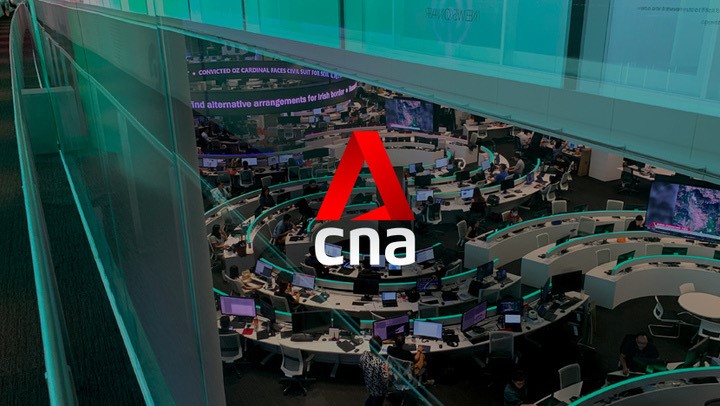BARCELONA: Although the main event was broadcast live on television, a smaller, more intimate ‘hybrid’ Mobile World Congress (MWC) has given others confidence that in-person events can succeed in the event of a pandemic. Those who did make it to Barcelona were treated to significantly fewer drunken celebrations than in past years, with the only alcohol available being hand sanitizer.
For the 30,000 or so who flowed through its testing stations and followed a one-way traffic system to decrease infection risk, a negative COVID-19 test, an FFP2 face mask, and a computerized contact-tracing badge were must-haves at this week’s MWC.
An army of volunteers examined contact tracing passes at every booth, while others stood around every corner warning people who were not keeping adequate distance or whose face mask had slid to adhere to the guidelines.
The epidemic halted the events business, which includes conferences and concerts and was valued at US$1.14 trillion in 2019 by Allied Market Research.
While some businesses have switched to the internet, industry participants have been attempting to restore normalcy.
The Web Summit, Europe’s largest tech conference, is preparing for an in-person show in November in Lisbon, and is waiting to see if MWC was successful in limiting the spread of COVID-19.
“We’re happy to see people attending tech gatherings… MWC was the first to return in person, which is never easy,” Web Summit CEO Paddy Cosgrave told Reuters, adding that companies would be more interested in attending similar events in the future.
Tesla CEO Elon Musk’s keynote speech on his US$30 billion Starlink initiative, which although being given by webcam garnered the most attention at MWC, emphasized both the limitations and appeal of a hybrid approach.
The Barcelona event was described by its organizers as a step toward normalcy ahead of its next edition in February 2022, and despite its smaller stature and the absence of famous companies like Ericsson, Sony, and Nokia, most guests praised its comeback. “COVID-19 presented us with a challenge. We had to create new health and safety regulations as well as a hybrid platform, but we were successful “Mats Granryd, director general of the GSMA, a trade organisation for the telecoms sector, said the cancellation of last year’s MWC cost the organization a lot of money.
Despite the fact that several major exhibitors, such as Huawei, reduced their physical presence and overall footfall was less than a third of prior years, delegates in Barcelona appreciated the opportunity to renew or form new contacts. “We’ve had some interesting debates this year, albeit they’ve taken on a different, more solemn tone. But the most important thing was to accomplish it… to demonstrate that life goes on after COVID, or even in spite of it “Stephane Richard, the CEO of Orange, told Reuters. SPACE FOR STARTUPS Another difference was that the MWC’s three pavilions, compared to the Fira fairground’s ten in 2019, gradually emptied as the week proceeded, leaving it mostly vacant by Wednesday night, when most exhibitors staged their wrap-up parties. The absence of several large names also shook up the exhibitor pecking order, with smaller startups and hard-to-categorize companies like TelcoDR filling the void. Its founder Danielle Royston snatched up Ericsson’s exhibition stand and turned it into one of the most popular by booking Bon Jovi and giving thirty-odd entrepreneurs space to show off their wares. Newcomers garnered more visitors than some of the larger exhibits by sharing a crowded area in the MWC’s startup sector. Lower booth and ticket fees aided startups as well, according to Consuelo Naranjo, marketing director of Austria’s Authentic Vision. “We recently had a meeting with a spokesman of a tiny Italian village, whom we would not have met otherwise,” she added. Even seasoned operators like Telefonica in Spain observed the impact of a more diversified clientele. “It’s true that (MWC) has lost its ‘Wow!’ factor,” Andres Escribano, director of Telefonica IoT & Big Data, told Reuters. “However, the individuals that have come are much more networking-focused, and you can devote more time to startups, which is excellent.” (Clara-Laeila Laudette and Supantha Mukherjee contributed reporting; Douglas Busvine and Alexander Smith edited the piece.)/n


